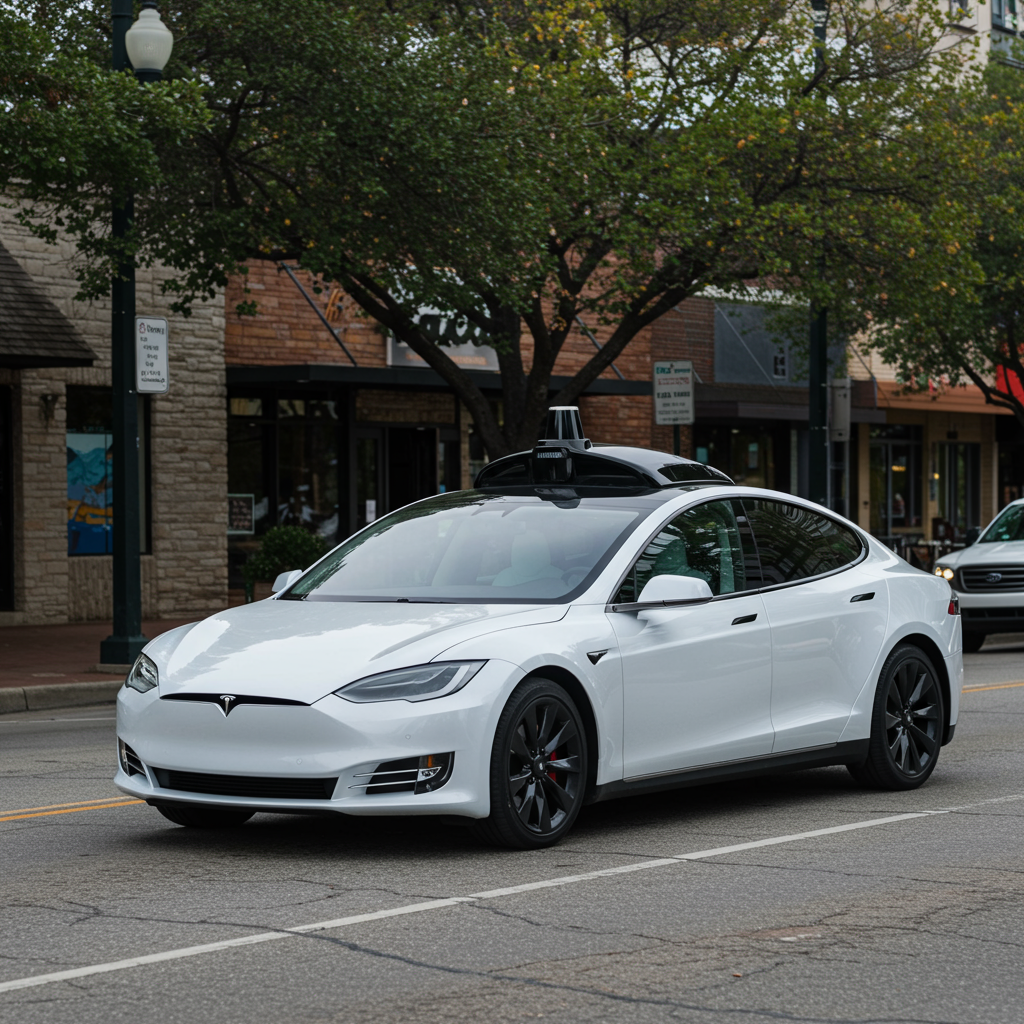British sportscar manufacturer Lotus is reportedly considering a significant strategic shift that could see it end production at its historic home in Hethel, Norfolk, and establish a new manufacturing plant in the United States. Reports circulating and understood by the BBC suggest this potential relocation could jeopardize the jobs of approximately 1,300 employees at the Hethel facility.
While Lotus has officially declined to comment on the specific plans, which were initially brought to light by the Financial Times, sources within the company indicate the situation is under active review, with a move to the US being seriously contemplated.
Tariffs Driving the Consideration
The primary catalyst driving this potential seismic shift is identified as the disruption caused by US tariffs imposed on imported cars. The United States represents a crucial market for Lotus, but existing tariffs pose a significant challenge to its business viability there. Currently, US sellers face a 25% tax on imported cars and parts from the UK.
These tariffs have already had a tangible impact. Lotus temporarily suspended production at its Hethel plant in mid-May, citing the need to manage inventories and address supply chain issues exacerbated by the US import taxes. The company had also reportedly halted shipments of its Emira model to the US in April due to the tariff uncertainty.
Figures from the broader UK car industry highlight the severity of the situation, revealing that UK car exports to the US had halved. This contributed to overall UK car production in May falling to its lowest level for the month since 1949 (excluding the pandemic period), as other manufacturers like Jaguar Land Rover and Aston Martin also reduced or suspended shipments.
A trade agreement has since been reached between the UK and US governments to lower tariffs on UK-made cars to 10%. This lower rate is expected to take effect by the end of June and will apply to the first 100,000 cars exported annually, matching the previous year’s export volume. While welcomed, the current high rate and ongoing unpredictability of trade policies appear to be significant factors influencing Lotus’s long-term planning. Qingfeng Feng, the chief executive of Lotus Technology (the company’s electric vehicle arm), has reportedly confirmed discussions with US strategic partners regarding “localisation plans” to mitigate the impact of tariffs, viewing this as a “feasible plan.”
Uncertain Future for Historic Hethel Site
The Hethel facility in Norfolk holds significant historical importance for Lotus, having served as its home since the 1960s and originally a World War II bomber station. The plant, which received a £100 million upgrade in 2022, could reportedly face permanent closure as early as next year if the move proceeds. Employees at the factory have not yet been officially informed of these potential plans.
Despite the serious nature of the reports and the strategic review, it’s understood that Lotus expects to resume car manufacturing at the Norfolk site within the next four weeks, indicating the current pause is temporary while the long-term future is debated.
Geely’s Global Strategy and Financial Pressures
Lotus is majority-owned by the Chinese automotive giant Geely, which also holds stakes in brands like Volvo, Polestar, and Mercedes-Benz. Geely acquired Lotus in 2017 and has invested significantly, leading to the development of new models like the Emira sportscar, the Evija hypercar, and new electric vehicles produced primarily in China, where Lotus also has a manufacturing facility in Wuhan.
However, reports indicate that Lotus has faced recent financial challenges. Lotus Technology, the electric vehicle division, reported an operating loss of $103 million for the April-to-June quarter, and its stock price has seen a significant decline since its IPO earlier in the year. Despite an earlier commitment to the UK, some reports suggest the listing of Lotus Technology on the New York stock exchange may have directed investment focus more towards its Chinese EV operations than the UK sports car business.
The potential relocation of Emira production to the US, alongside previous job cuts announced in April (citing “volatile and evolving market conditions including the US tariffs”), reflects the company navigating a complex global landscape influenced by trade policies and Geely’s broader strategic goals.
Founded in the early 1950s by engineer Colin Chapman, Lotus built its reputation on lightweight, agile sports cars. The potential move away from its British manufacturing base marks a critical moment in the company’s history, highlighting how international trade dynamics and corporate strategy under global ownership can impact even iconic national brands.




